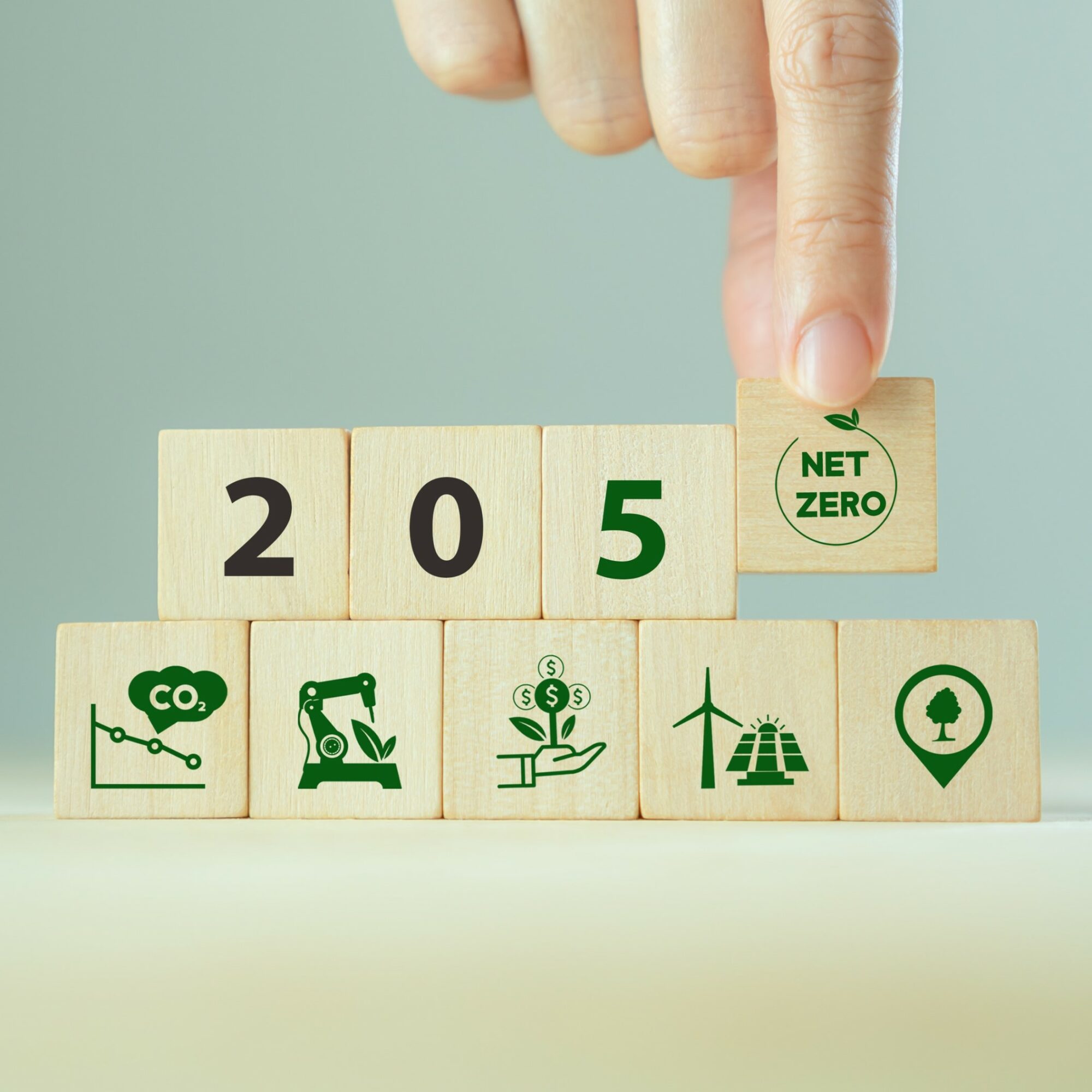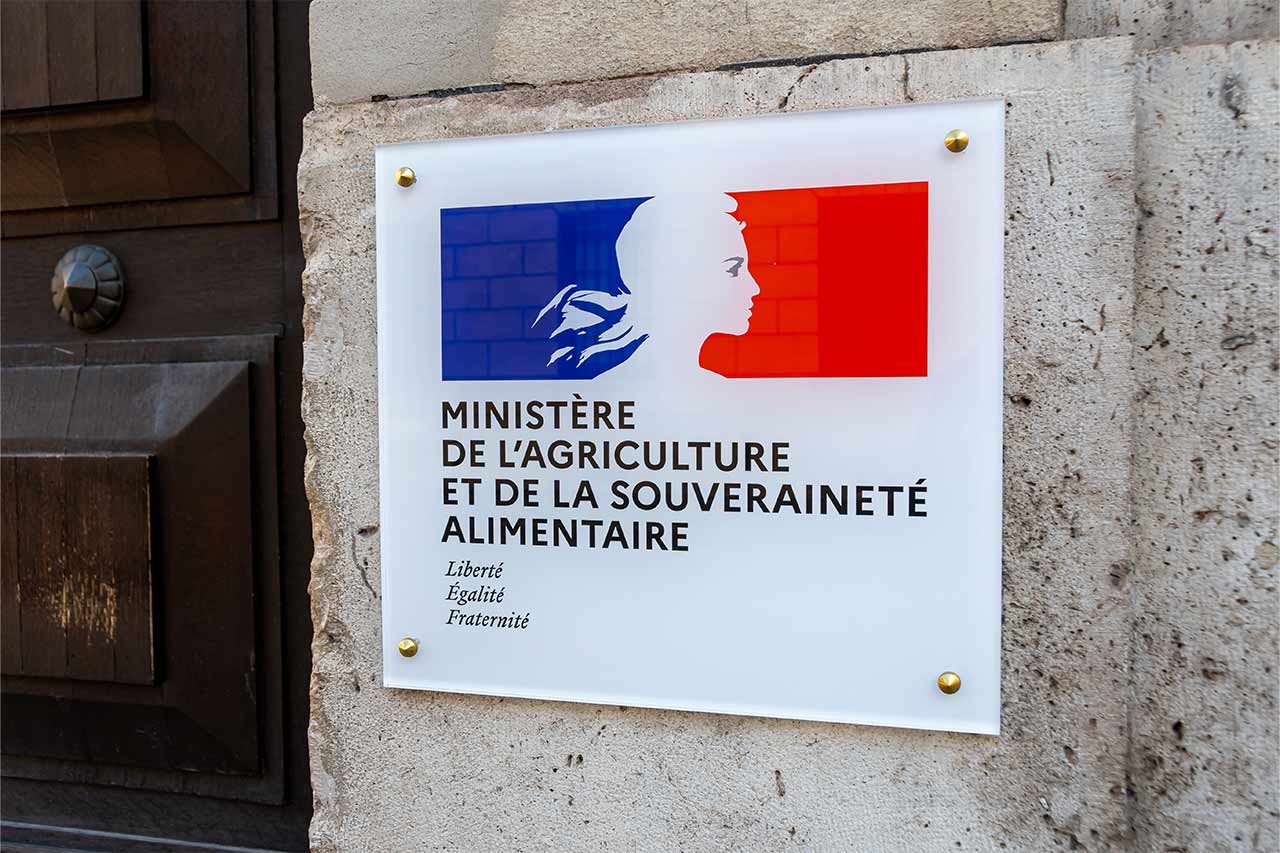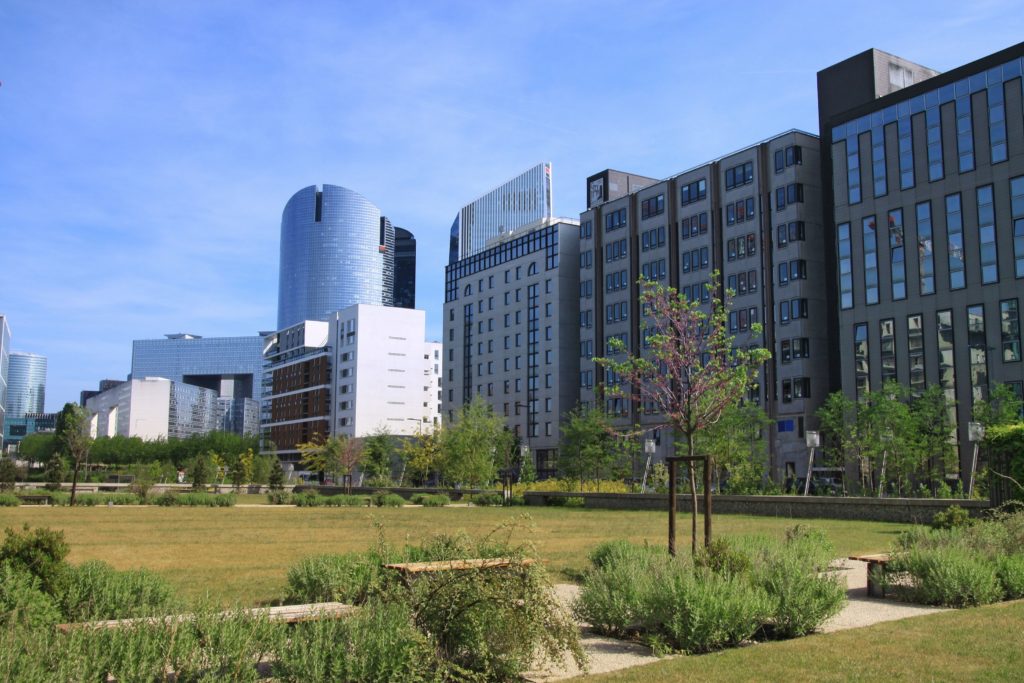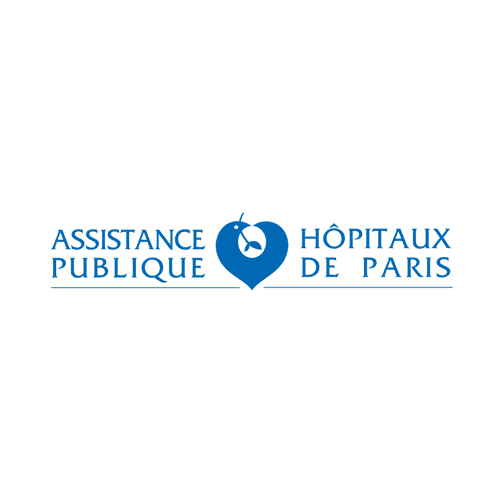
Economic sovereignty
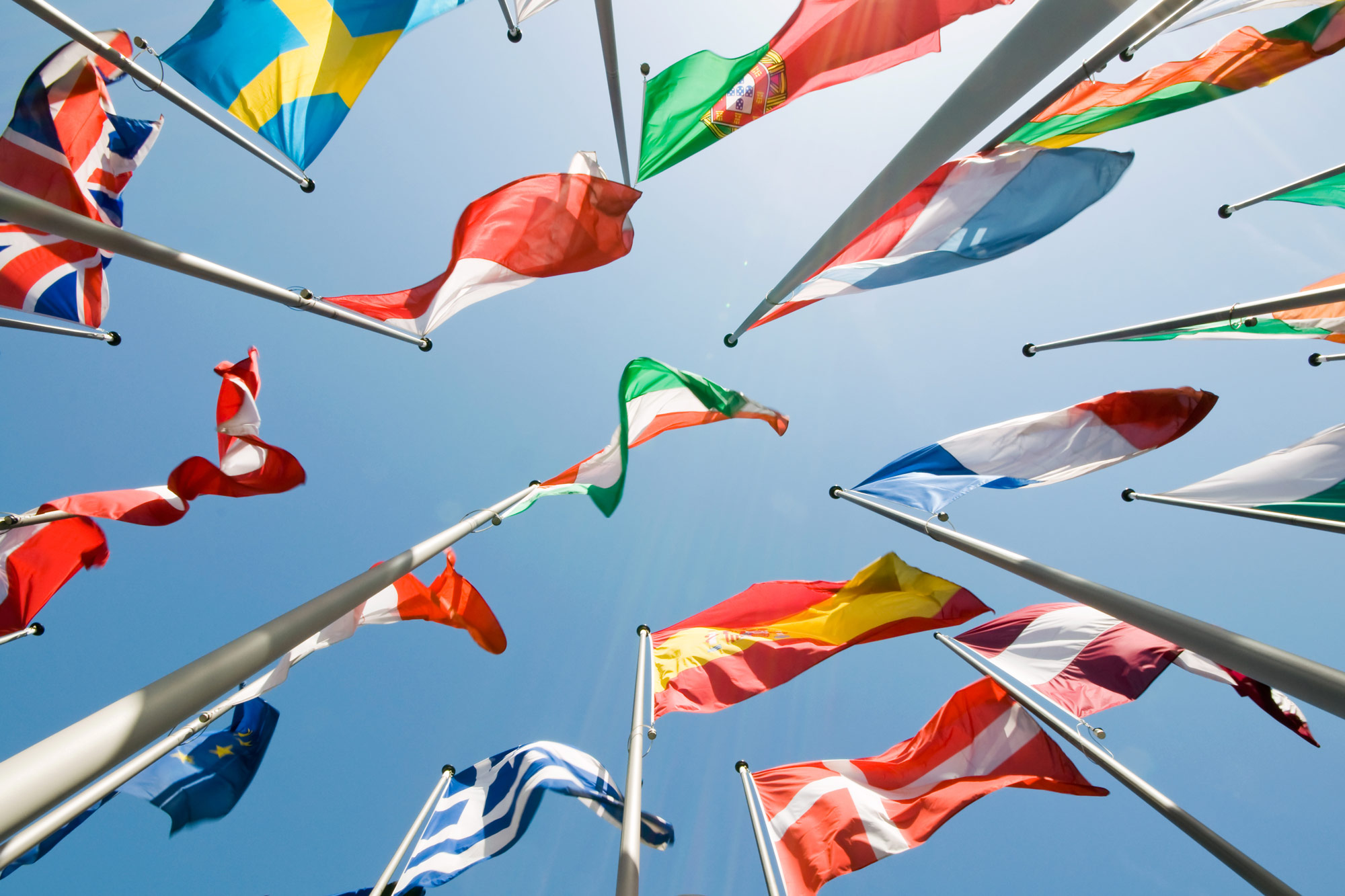
Develop more sovereign approaches in your activities
The global political context is leading countries and companies to completely rethink their models of production, supply, and consumption. Our specialized team supports companies in redefining their entire industrial strategies to promote relocation and regain their economic sovereignty.
They trust us



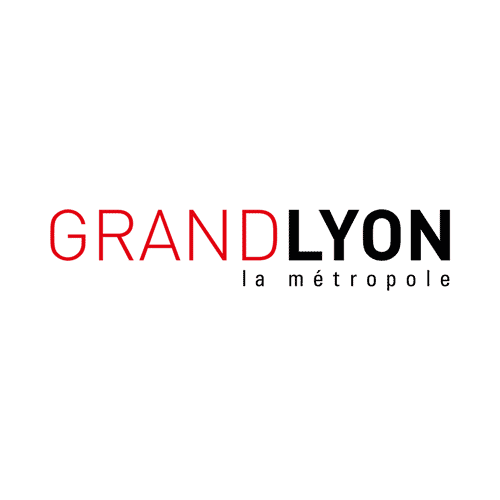


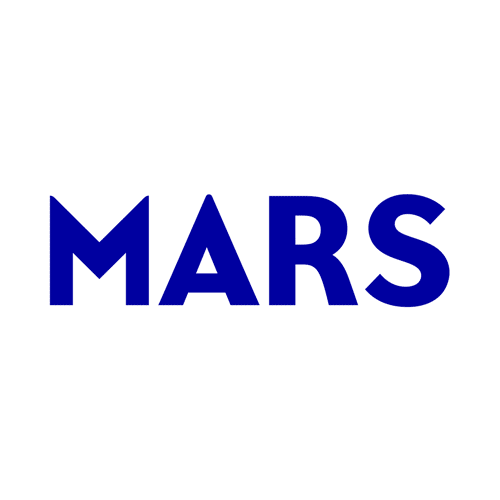
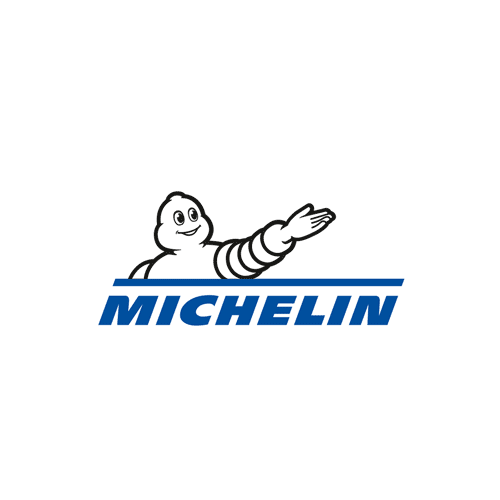

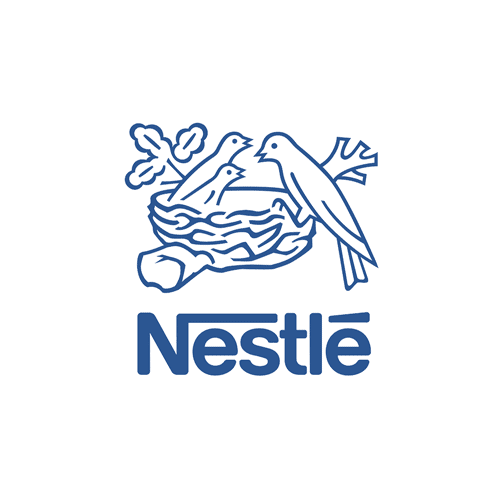
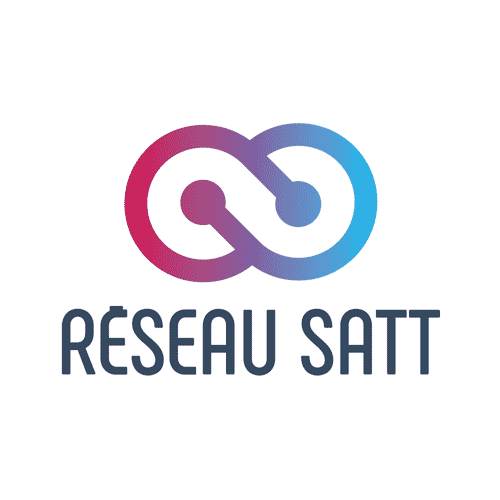
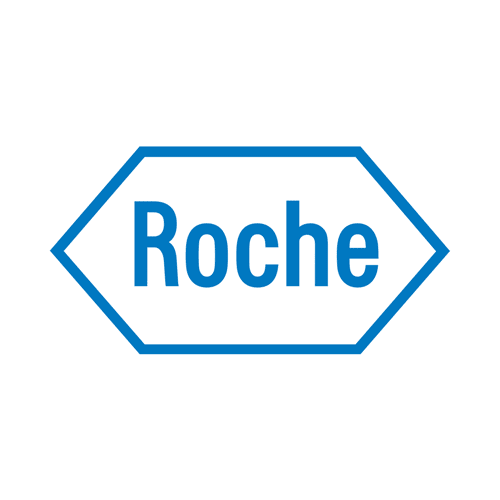
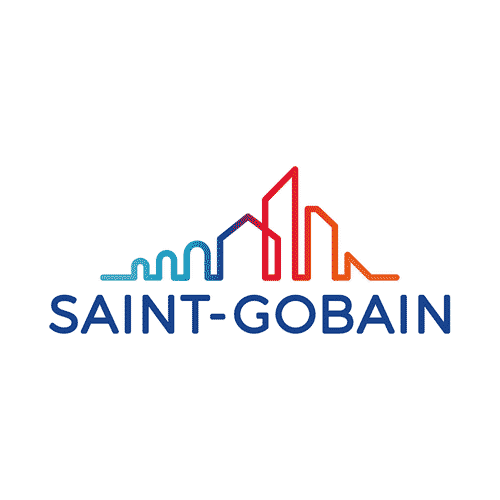

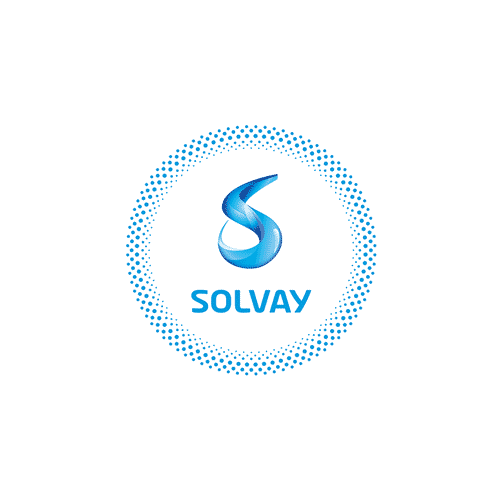
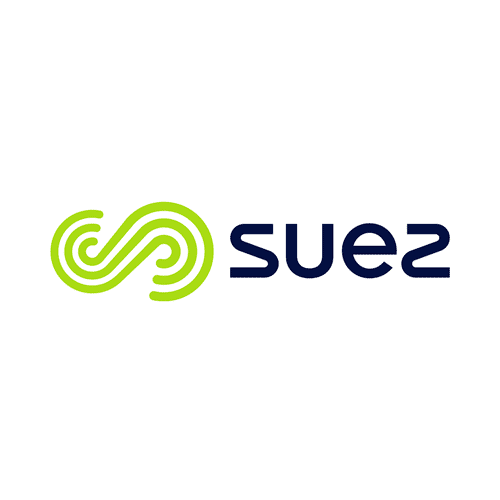
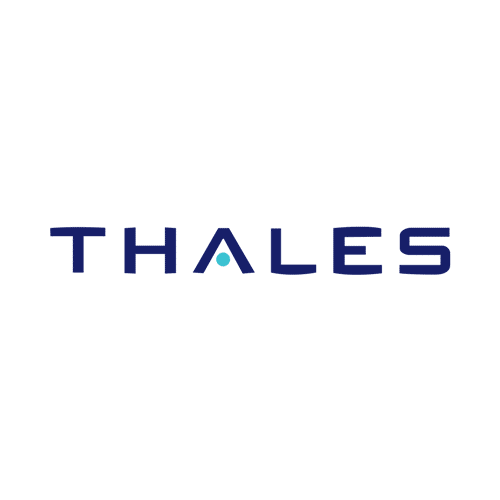
The challenges related to economic sovereignty
The challenge of sovereignty must be assessed at the national and European levels. Recent crises have reminded us of the need to have a strong Europe that is capable of implementing a policy of strategic autonomy. The capacity of political decision-makers in the European Union to think beyond the scale of their own State towards communal challenges will be key to achieving European sovereignty.
The question of relocating our industry in order to promote the sovereignty of France in particular is an essential element of the France 2030 strategy, supported by the public authorities. The recent crises have revealed our dependence on a set of strategic sectors and products.
Economic sovereignty must also be submitted to a clear policy in terms of controlling foreign investments. This is about the interests of national defense, so that France has, if necessary, French companies that are able to meet the needs and challenges of consumption, like with paracetamol and Sanofi’s relocation of Doliprane production back to France starting in 2023. As part of France Relance, the government has launched calls for dedicated projects regarding “relocations in critical sectors,” in order to allow for investments in companies, thereby minimizing France’s exposure and its imports.
There are many challenges, including:
This already involves a recovery plan, France Relance, aimed at industrial relocations through the identification of high-potential projects. These projects represent industrial investments in sectors as vast as health, agri-food, electronics, essential inputs for industry, and even 5G. To date, 477 relocation projects have been supported through public funding of 850 million euros. This relocation policy is exemplified by the announcement of an increased production capacity made by Vlad, a manufacturer/distributor of high-tech batteries, crucial for hospital intensive care units, which should receive 1 million euros from France Relance.
How can I rethink my industrial strategy and build a local or European ecosystem? How can I identify new strategic partners or alternative raw materials to sustain my manufacturing base?
National defense requires the independence of our territory vis-à-vis foreign countries. The France 2030 plan is an interesting example of an investment policy supporting manufacturers in their development strategies in order to guarantee competitiveness and international influence. This recovery plan must therefore allow for productive investments and the relocation of business activities and value chains that we no longer control, and for which we have become dependent on other countries. This challenge of independence must also include a better analysis of foreign investments, in order to preserve our key industries: the telecom network, energy supply, defense industry…
How to rethink an economic development strategy to guarantee the economic sovereignty of a territory? How can we consolidate a French industrial sector by relocating all or part of its inputs?
Being able to better control our production will help to overcome our economic challenges while reducing our carbon emissions. This will obviously go hand in hand with a reflection on our consumption model, which is fully consistent with the climate challenges that we must urgently address in light of the latest IPCC publications.
How can economic sovereignty challenges be aligned with climate commitments?
How we support you in your projects related to economic sovereignty
Alcimed has been supporting its industrial and institutional clients for over 25 years with their development and innovation strategies. Since the COVID-19 pandemic and the war in Ukraine, our team has been particularly active around the challenges of the economic sovereignty and industrial relocation of our clients.
The diversity of our clients, the geographic fields that we explore, and the types of projects that we develop give us comprehensive and deep insight into issues related to sovereignty.
In particular, we do the following tasks for our clients:
- Defining or re-defining industrial strategies
- Conducting definition studies for industrial or relocation projects
- Audits and strategic analyses of industrial sectors
- Economic development strategy structuring at different scales
- Research into alternative raw materials
- Searching for new partners or strategic suppliers
- Seeking funding or aiding in the creation of funding applications
- …And many other projects specific to your needs!
Examples of recent projects carried out for our clients in economic sovereignty
Strategic market study of the evolution of the medical biology market as part of the CSF Santé In Vitro Diagnostic project
As part of a study carried out at the request of SIDIV (the French Syndicate for the In Vitro Diagnostics Industry), in order to guide strategic developments in the French IVD sector, Alcimed conducted an overall analysis of the French medical biology market by characterizing the laboratories and other actors in medical biology, as well as their expectations, while anticipating and projecting the expected or possible changes in this market.
This study was conducted from September 2021 to January 2022, and is based on a review of the literature and interviews with medical biology stakeholders, a workshop, and regular exchanges with the steering committee at SIDIV. Our analyses and strategic recommendations were presented to the Healthcare Sector Strategic Committee (CSF), then within the framework of a meeting on the strategic challenges of sovereignty, innovation, and access speed to the IVD sector market in Europe, within the context of the French Presidency of the European Union (FPEU).
Project management assistance for the development and drafting of the Regional Economic Development Plan for Innovation and Internationalization Companies 2022-2028
Every 6 years, the French Regions draw up master plans to guide the economic development of their territory and to initiate necessary transformations, in order to meet current and future challenges.
The 2022-2028 REDPIIC proposed by the region of Normandy aims to develop and protect its industry, but also offers a distinguishing and resilient development model.
The strategy put in place echoes the themes defined in the S3, co-constructed by Alcimed, the Regional Council, and ADN Normandie, as well as a broad consultation of stakeholders. Alcimed is currently supporting the Normandy Region in the process of developing its future REDPIIC by providing its expertise in the consultation and formalization phases for the operational roadmap.
Manufacture of active ingredients for drugs and pharmaceutical contract manufacturing organizations: study of the competitiveness of players (companies,…) in France and other countries and development prospects for 2025
Alcimed supported the Directorate General for Enterprises (DGE), LEEM, and SICOS by: – Drawing up an inventory of the two targeted business activities in France;
- Analyzing their competitiveness vis-à-vis international supply and demand;
- Developing prospective development scenarios for improving this competitiveness;
- Building an action plan and making recommendations in this respect.
Based on this analysis, Alcimed has made recommendations to support the development of key business activities to ensure the sovereignty of the healthcare industries sector.
Economic and financial audits of industrial projects for the examination of requests for public aid on behalf of the DGE and the ANCT
From 2011 to 2018, Alcimed was responsible for carrying out, on behalf of the Directorate General of Enterprises (DGE) and the National Agency for Territorial Cohesion (ANCT), strategic audits of industrial projects as part of examining applications for regional planning grants (PAT) and reindustrialization assistance (ARI).
This governmental aid was intended to create value for a territory, either in terms of industrial relocation, product-process innovation, or regional development for the purpose of job creation.
The audits carried out by our teams made it possible to objectivize the decisions to allocate this public funding in the form of subsidies or repayable advances.
Construction of a regional hub facilitating access to AI, cybersecurity and high-performance computing tools
Alcimed has helped a French region to build its regional EDIH (European Digital Innovation Hub), which aims to support all SMEs and ETIs in the region to grasp the challenges of AI, cybersecurity and high-performance computing.
To achieve this, we led several working sessions with the project’s stakeholders. We then provided support in formalising the submission file, enabling the offer, model and organisation of this regional hub to be built in conjunction with more than 80 entities in the region.
In the end, the region’s application was accepted, enabling it to obtain a grant to set up the hub.
Investigation of the issues linked to the supply of critical raw materials in the energy sector
Alcimed worked with a manufacturer in the energy sector and its strategic teams to meet the challenges of exposure to the supply of critical raw materials and to guide the group’s supply and R&D strategies.
We investigated the external risks linked to the supply and demand of 36 raw materials used by the Group, and then the internal risks linked to the use of these raw materials. In the end, we obtained a complete mapping of the risks, enabling us to identify the critical raw materials.
This project has given the Group a clear view of the materials that are genuinely sensitive to its business, and has enabled it to develop its economic sovereignty.
Structure and positioning of a national academic platform to meet the biomanufacturing needs of regional players and to ensure economic sovereignty
Biomanufacturing is a real sovereignty issue if we are to control a French industry capable of producing new drugs from start to finish. It was around this challenge that our teams helped a national academic platform to position its offer in line with the expectations of players in the region.
We supported our client by identifying current biomanufacturing practices from the pre-clinical to Phase I stages, with a focus on practices in place abroad, and completed the study by analysing the receptiveness of targets such as manufacturers, academic laboratories and start-ups.
Our work enabled us to validate the relevance of the project in the light of the competitive offer in other countries and the interest expressed by the targets!
You have a project?
To go further
Energy - Environment - Mobility
What if reaching carbon neutrality allowed France to become energy independent?
What if decarbonizing our energy production was a lever for achieving greater energy independence for France?
Public policy
How to ensure France’s food sovereignty?
What is the difference between food sovereignty and food self-sufficiency? How to ensure it at the level of French territories?
Articles
CSR approach for business parks: a new key success factor for territorial authorities?
The CSR commitment of business parks: a new lever for action to boost their attractiveness and make them a driver of territorial economic development!
Founded in 1993, Alcimed is an innovation and new business consulting firm, specializing in innovation driven sectors: life sciences (healthcare, biotech, agrifood), energy, environment, mobility, chemicals, materials, cosmetics, aeronautics, space and defence.
Our purpose? Helping both private and public decision-makers explore and develop their uncharted territories: new technologies, new offers, new geographies, possible futures, and new ways to innovate.
Located across eight offices around the world (France, Europe, Singapore and the United States), our team is made up of 220 highly-qualified, multicultural and passionate explorers, with a blended science/technology and business culture.
Our dream? To build a team of 1,000 explorers, to design tomorrow’s world hand in hand with our clients.
Economic sovereignty is the ability to independently master the key elements of the functioning and economic development of a country or of an actor (skills, resources, key industries, technologies, etc.).
There are many ways in which public and private players can promote economic sovereignty:
- Facilitating innovation, by encouraging investment in R&D or through public-private partnerships
- Focusing academic research and R&D priorities on high added-value issues
- Consolidating infrastructure security
- Training and retaining skilled workers
- Making use of the circular economy, and inventing new local supply solutions, in particular by setting up supply chains
